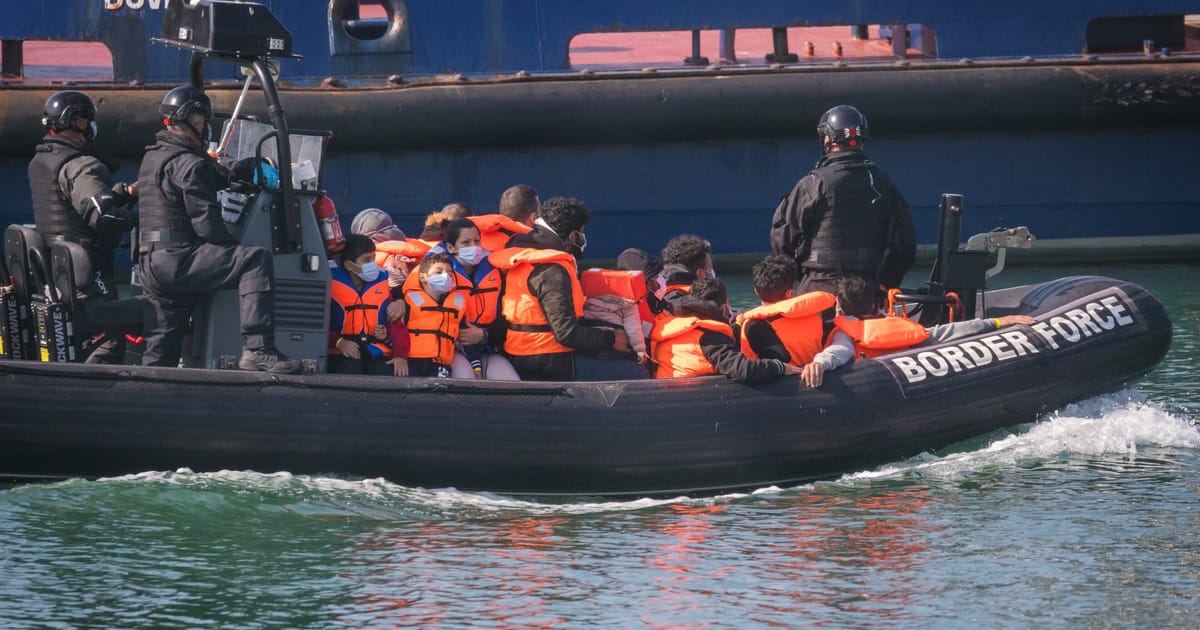

The world stage is witnessing notable diplomatic activities as leaders navigate complex relationships influenced by various geopolitical dynamics. In a calm reflection of the recent events, we explore the interactions, challenges, and aspirations following across Europe, Asia, and the Middle East, showcasing a mindful approach to international relations.
Beginning with Europe, the European Commission is set to deliberate on an essential migration pact between France and the United Kingdom. The issue at hand is the rising number of migrants being smuggled across the English Channel. This complex situation calls for nuanced cooperation and understanding between the involved parties. A Commission spokesperson emphasized the importance of a robust response to address this pressing concern, reflecting a shared commitment to humane and effective solutions.
Meanwhile, in Asia, U.S. Secretary of State Marco Rubio embarked on his inaugural official visit to the region, underscoring Washington’s dedication to its allies in Southeast Asia. Despite the backdrop of challenging tariffs established by former president Donald Trump, Rubio sought to reassure his counterparts that these economic measures are not indicative of the U.S.’s long-term stance. Instead, he hinted at the potential for improved trade deals, signaling a willingness for dialogue and collaboration that transcends immediate challenges. Rubio’s engagements with the foreign ministers of the Association of Southeast Asian Nations (ASEAN) reinforced the United States’ commitment to maintaining strong ties in the dynamically evolving region.
In the context of Australia-China relations, Prime Minister Anthony Albanese embarked on an important diplomatic mission to Beijing. This visit aims to fortify economic and diplomatic ties amid the backdrop of a significant military deal with the United States involving nuclear submarines. The circumstances require a careful diplomatic balance, as Albanese navigates potential challenges related to military commitments and regional security dynamics. The ongoing review of the U.S. defense department on these commitments highlights the interconnected nature of global diplomacy, where actions in one part of the world can influence relationships elsewhere.
Turning to the Middle East, Israeli Prime Minister Benjamin Netanyahu returned to Israel following a visit to Washington, where expectations for progress toward a ceasefire in the Gaza conflict were high. Although a peace agreement was not reached, the visit marked an opportunity for Netanyahu to affirm Israel’s strategic relationship with the United States. Through high-profile dialogues, the Israeli leader succeeded in maintaining crucial diplomatic rapport, highlighting the intricate nature of peace negotiations in the region.
In the broader scope, these diplomatic engagements represent more than just political maneuvers; they embody the aspirations for peace, stability, and prosperity shared by nations across the globe. As leaders continue to navigate shifting alliances and strategic interests, there remains a pervasive hope for cooperative resolutions that prioritize the well-being of all involved. Let us draw inspiration from these efforts, recognizing the complex yet unifying pursuit of harmonious relations that defines our shared global journey.
Source: {link}
